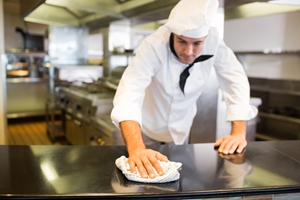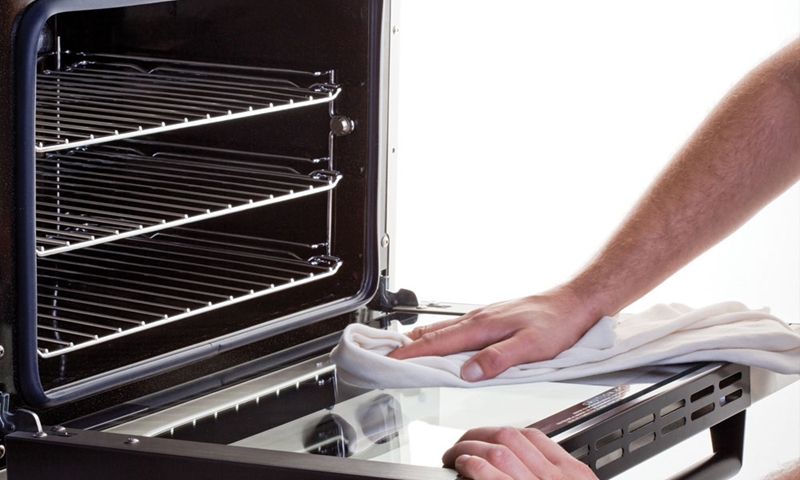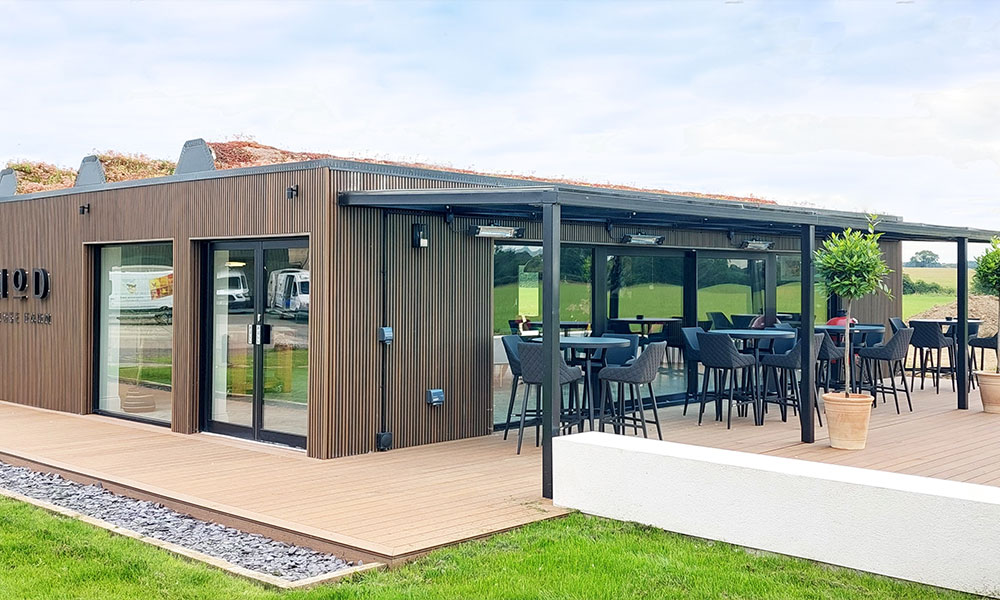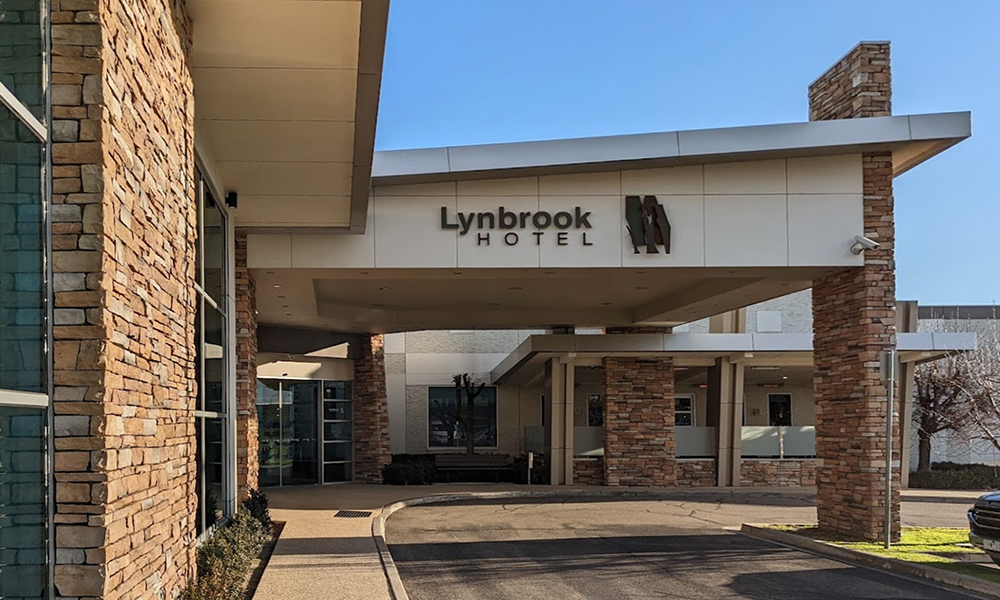
At the heart of any kitchen, either commercial or domestic, is the mighty oven. Used as part of a cook’s repertoire since the time of ancient civilisations, the oven is a crucial tool for countless dishes, and it’s fair to say many businesses in the catering business would be lost without one.
Choosing a high-quality, reliable oven is vital, as it must be able to withstand the pressure of a busy business month after month. However, there’s no use investing in on an expensive piece of commercial kitchen equipment if you aren’t going to maintain it.
Here’s what you should consider in order to keep your oven in the best possible condition.
Cleaning is key
Cleaning is a vital part of the long-term maintenance picture. Not only is regular cleaning part of a best hygiene practice, it also helps to minimise fire hazards and unwanted smoke. In addition, the cleaner the oven, the better it will perform, as there will be no food spills or crumbs using the heat and impacting the taste and aroma of your food.
It is important to keep a close eye out for the early signs of wear and tear before they can turn into more serious problems.
Ensure your staff are diligent about wiping down the racks and cleaning out any crumbs that have collected at the bottom of the oven. It’s also important to clean up any food spillages straightaway, before they have the chance to solidify.
Your oven should also be a part of your kitchen’s monthly ‘deep clean’, so make sure it gets a thorough scrub-down. The model’s manual will provide specific guidelines as to proper cleaning procedures.
When cleaning the exterior of your oven, make sure your staff are using a non-abrasive cloth, to avoid scratching stainless steel surfaces.
Mastering oven maintenance
There is plenty you can do to help keep your oven functioning at optimum level. Even something such as calibrating the thermostats and programs as well as the buttons can go a long way to ensuring precision temperature control and efficiency.
It is easy to see whether your thermostat needs calibrating by using an internal thermometer to compare it against. If the readings don’t match, your thermostat may need recalibrating, or it might be malfunctioning and need to be replaced.
Also important is the need to keep a close eye out for the early signs of wear and tear before they can turn into more serious problems. The door is one of the most obvious places where you can see this occur, with a loose seal potentially allowing heat to escape or diffuse. This can not only result in longer cooking times, but it can also mean spikes in your utility bill.
 When food debris gets trapped in your oven it can be hard to shift.
When food debris gets trapped in your oven it can be hard to shift.You can make a service booking with Moffat online, and our experienced team can come to inspect your kitchen equipment, including your oven. If the seal isn’t working as it should, it could indicate that the hinge or gasket may need replacing. Fortunately, as we stock a wide range of spare parts, we can restore your oven to the manufacturer’s high standards, so your kitchen can run efficiently.
Minimising the force used to open the door, as well as avoiding hanging or balancing heavy items on it can lessen the chances of the seal loosening in time. If you place a piece of paper in the seal of the door and it falls out, there is a chance your seal may need attention.
Should any of your commercial kitchen equipment need more extensive repairs, you can also rely on Moffat’s renowned repair services to get your kitchen up and running again.
0 Comments
Leave a reply
You must be logged in to post a comment.




